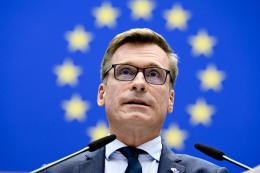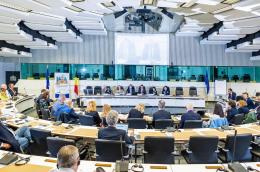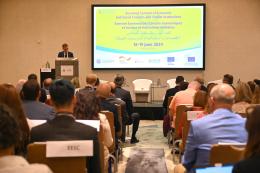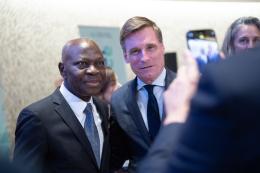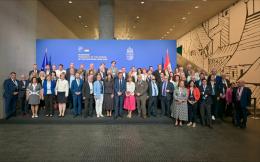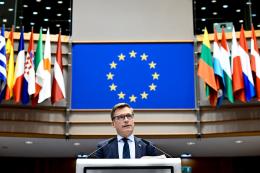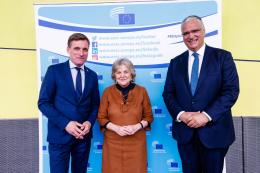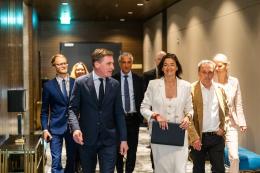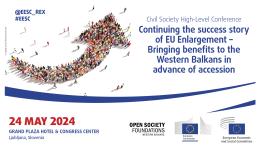European Economic
and Social Committee
EESC President
EESC President
Contact
Oliver Röpke European Economic and Social Committee rue Belliard/Belliardstraat99-101 1040 Brussels Belgium
Tel (secretariat): +32 (0)2 546 99 32
Email (secretariat)
Media Contact
For press and media inquiries, please contact the President's SpokespersonFor photos of the President, please consult the EESC Media Library
